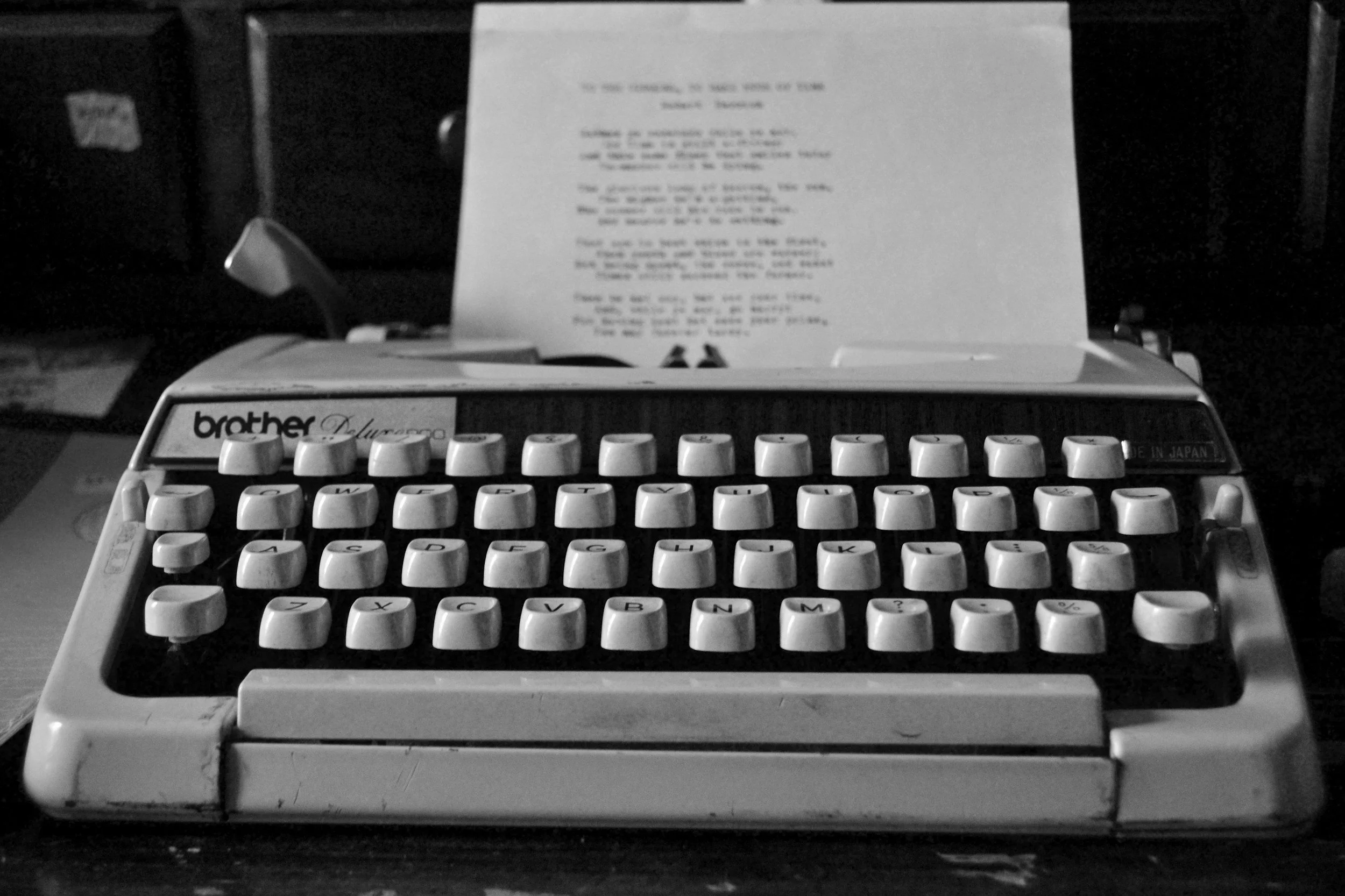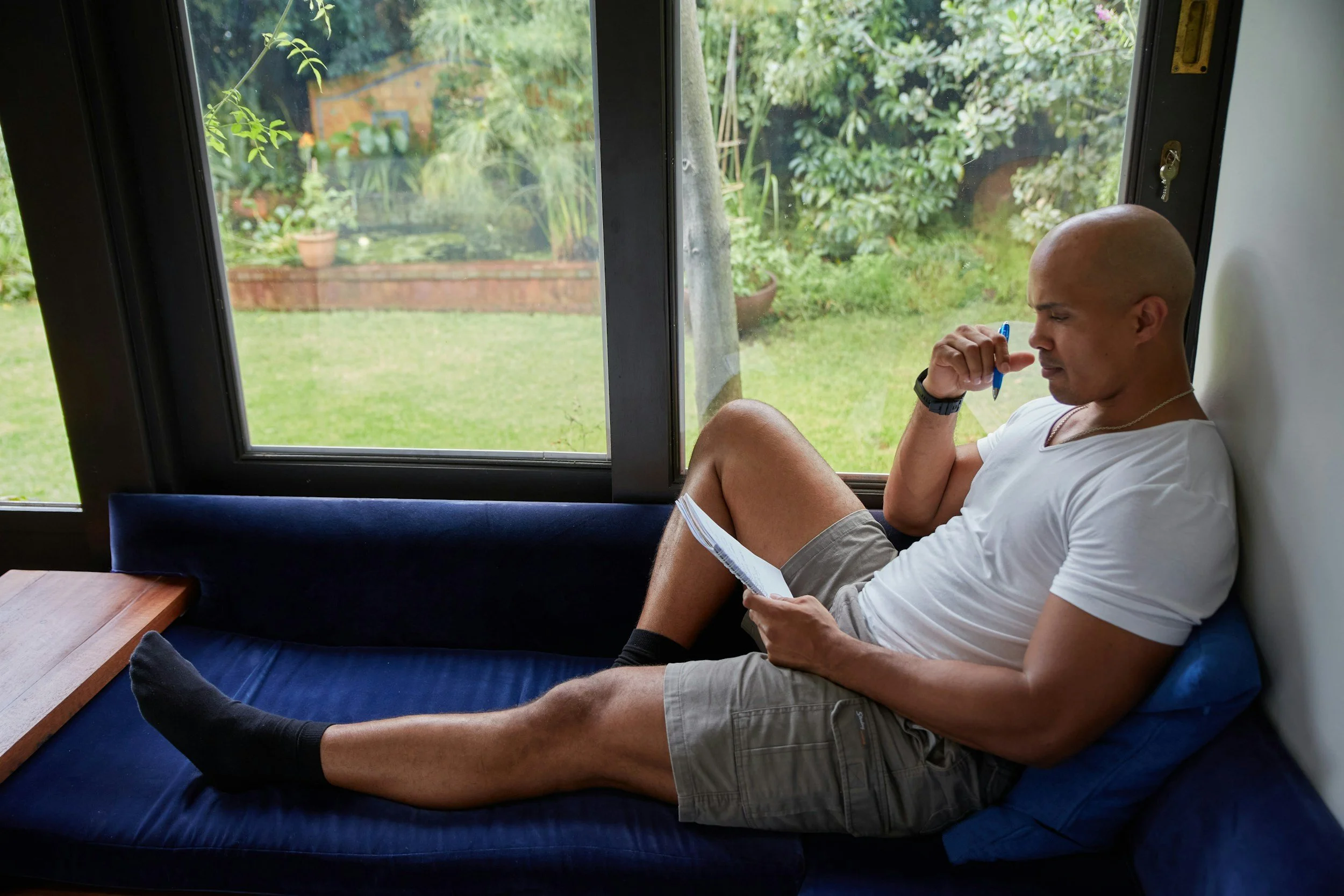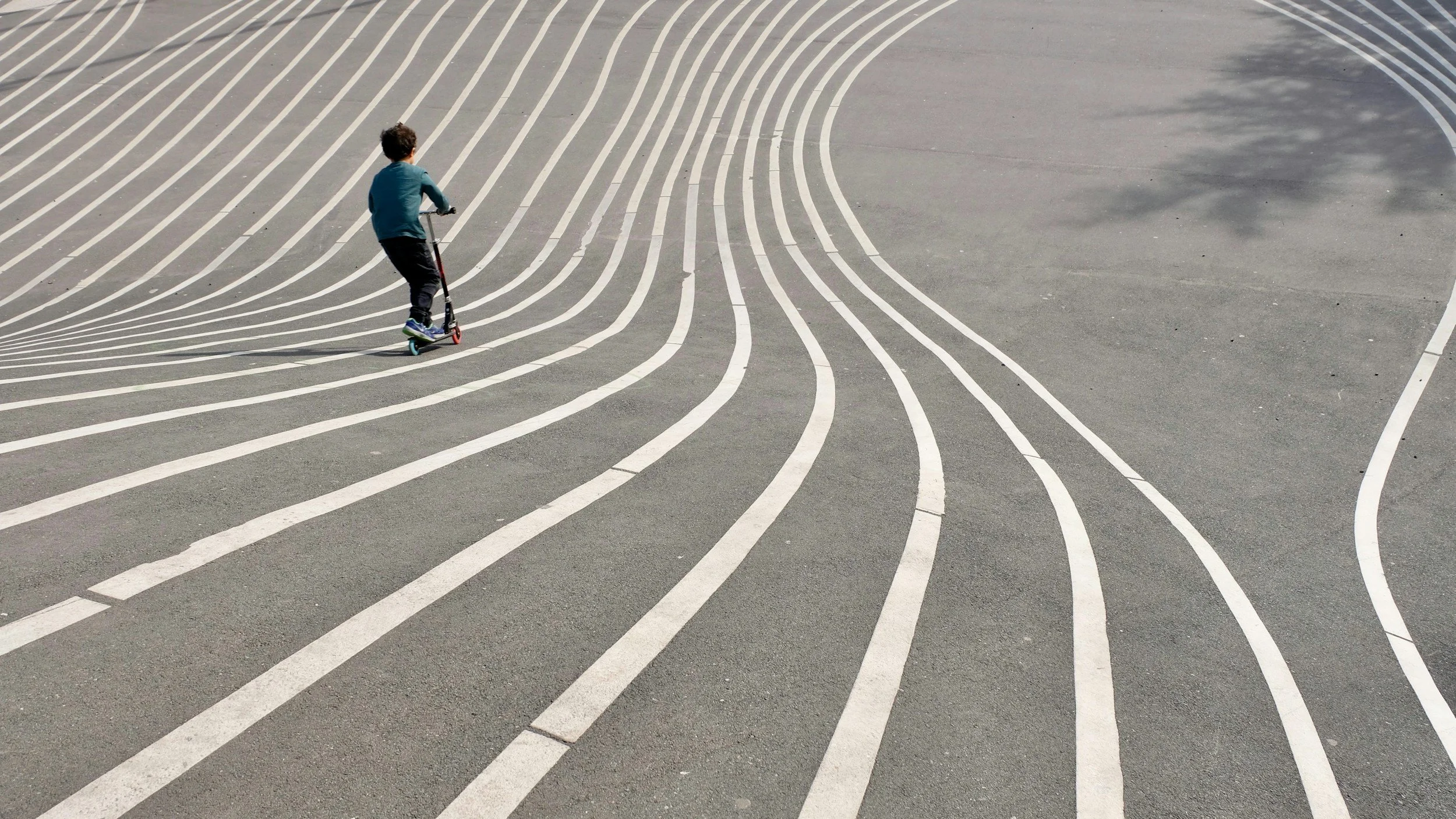Holistic Healing The Artist’s Way
I love working with The Artist’s Way in small groups because it aligns with a holistic therapy approach. I frequently incorporate exercises from the book with clients in individual therapy. It has also been a huge part of my personal creative recovery since participating in a facilitated group in 2013.
Julia Cameron’s The Artist’s Way has become a cornerstone for seekers. Published first in 1992, the book has sold over five million copies. It is famous for unlocking creative blocks and transforming lives. It offers a spiritual path to help individuals reconnect with their creative selves. Cameron's methods are deeply rooted in various psychological and spiritual traditions. This post explores how The Artist's Way connects to 12-step programs, Carl Jung's analytical psychology, Gestalt therapy, mindfulness practices, parts work, and the concepts of the inner critic and inner child.
The Influence of 12-Step Programs
The Artist's Way draws heavily on the structure and philosophy of 12-step programs. Cameron herself is a recovering alcoholic. Her experience with 12-step recovery profoundly influenced her approach to creativity. The 12-step model emphasizes surrendering control, admitting powerlessness over an addiction, and seeking support from something greater than oneself. Cameron found she lost the connection to her creativity in sobriety. Her personal path to creative recovery led her to write The Artist’s Way. In AA the healing starts with belonging to a community of people searching for a different way to live. Similarly, Cameron endorsed “creative clusters” to work through the book together.
Our workshops in The Artist's Way begins with that backdrop. The book encourages a "spiritual recovery" from creative blocks. For Cameron, the process of reclaiming creativity is similar to recovering from an addiction. Both program's offer a similar structure with weekly tasks and emphasis on self-exploration. The notion of a higher power, central to AA, also permeates Cameron’s work. She speaks of divine inspiration and creative flow as gifts from a higher source. In Rezak Therapy’s The Artist Way Workshop we adapt this language so it doesn't become a block for individuals who don't relate to it. We make space for "deepest intuition" and "creative flow" as substitutes for a higher power concept.
Carl Jung and the Power of the Unconscious
Carl Jung's influence on The Artist’s Way is evident. Cameron emphasizes the unconscious mind as a wellspring of creativity. Jung believed the unconscious mind plays a crucial role in shaping our conscious experiences. Cameron’s suggests the practice of Morning Pages. This includes a daily ritual of writing three pages of stream-of-consciousness thoughts. When done over the course of a 12-week workshop, a road is paved to accessing the unconscious. The invitation is to write without censorship or expectation. Individuals then bypass the filters of the conscious mind. They are able to connect with deeper thoughts and feelings. This process aligns with Jung's idea of individuation. Like in depth therapy, the integration of unconscious material leads to greater self-awareness.
Gestalt Therapy and Present-Centered Awareness
Gestalt therapy was founded by Fritz Perls. It emphasizes recognizing one's immediate thoughts, feelings, and behaviors in the present moment. Cameron’s exercises encourage a similar present-centered awareness. For instance, Artist Dates are scheduled solo activities designed to nurture creativity. These are weekly opportunities for individuals to engage in creative inspiration. They are designed to be free from distractions or obligations. The practice of Artist's Dates aligns with the Gestalt concept of here-and-now. In Gestalt, individuals are encouraged to experience their lives directly. Notably, the lens of past or future concerns are parsed out. Additionally, Gestalt therapy focuses on resolving unfinished business. Cameron’s approach to overcoming creative blocks reflects this intention. Cameron believes that creative blocks are rooted in past experiences and unresolved emotions.
Mindfulness and the Art of Awareness
Mindfulness is the practice of awareness in the moment without judgment. This is another key element in The Artist's Way. Though Cameron does not explicitly use the term, many of her exercises cultivate a mindful approach to creativity and life. Morning Pages require writers to stay present with their thoughts and feelings. The practice echoes mindfulness meditation. The aim is to observe thoughts and sensations without attachment or judgment. Cameron helps individuals break free from the autopilot mode of daily life. By fostering mindfulness, the process invites a profound connection with our creative selves.
Parts Work: The Inner Critic and Inner Child
Parts work involves working with different aspects or "parts" of the self. Other of our blog posts have explored Internal Family Systems (IFS) therapy as an example of parts work. The Artist's Way introduces two key parts: the inner critic and the inner child. The inner critic is the voice of self-doubt and judgment that stifles creativity. Cameron offers strategies to recognize and disarm this critical voice. The inner child represents the playful part of the self that holds the key to creativity. Through nurturing this inner child individuals can reconnect with their innate creativity. There are many tasks in the book that engage readers in joyful spontaneous activities. The goal is to heal past traumas that may be blocking artistic expression. Integrating different aspects of the self leads to greater harmony and creativity.
Alignment of The Artist’s Way and Holistic Therapy
The Artist’s Way is a synthesis of various psychological and spiritual traditions. It offers a holistic approach to creative recovery. The work in a small group draws on the principles of 12-step programs and Jungian psychology. It includes elements of Gestalt therapy, mindfulness, and parts work. These are all elements of Rezak Therapy’s approach to individual and couples therapy. Cameron's book provides a comprehensive framework for individuals to overcome creative blocks and reconnect with their creative selves. The practices she advocates are deeply rooted in these traditions. The Artist's Way is not a linear manual for creativity. It is a journey of self-discovery and spiritual growth.
How to Register for The Artist’s Way Workshop
Use these links for more information about The Artist’s Way Workshop and to see testimonials from past participants. We typically offer cohorts starting in September and January each year, both in-person in Pasadena, CA and virtually. Please send us an email if you’d like to join our email list and be notified about the next cohort.
Find Support The Artist’s Way in Pasadena, CA
Discover the transformative power of holistic therapy, where your mind, body, and spirit are nurtured to achieve true balance and well-being. Our compassionate holistic therapists at Rezak Therapy are here to guide you on a journey toward healing and self-discovery, addressing your unique needs with personalized care. Embrace a holistic approach and take the first step towards a healthier, more fulfilling life. Follow these three simple steps to begin healing:
Schedule a free 15-minute consultation to see if Holistic Therapy is right for you.
Begin meeting with a skilled holistic therapist.
Start healing and addressing your unique needs.





